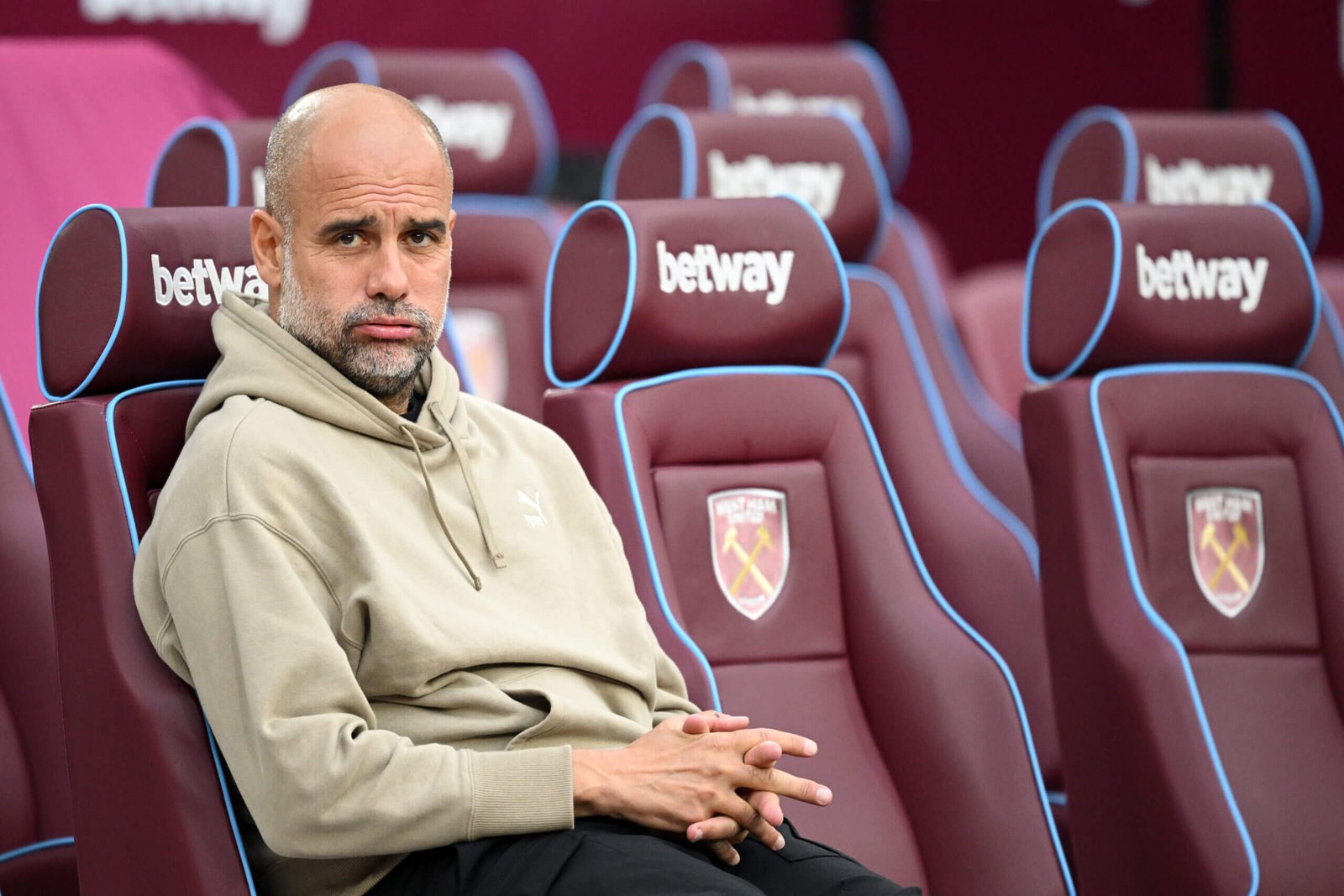The Athletic has launched a series of sports debates in which two writers break down a specific topic. In this edition, Steve Madeley and Rob Tanner discuss whether footballers should go on strike over their workload.
On Tuesday, Manchester City midfielder Rodri spoke about the possibility of players going on strike over the number of matches they are expected to play.
The 28-year-old, who won Euro 2024 with Spain over the summer and could have an extended season ahead with City competing in the FIFA Club World Cup next summer, said when asked about strike action: “Yes, I think we are close to that. If it keeps this way we will have no other option. It is something that worries us.”
His comments came after Liverpool goalkeeper Alisson also referred to the effect of an expanded Champions League on player workload.
Player welfare is a primary concern for the global players’ union FIFPro, which has launched legal action against FIFA for the Club World Cup schedule, but is a player strike the way to go? Would it gain public sympathy or make a difference? What are the consequences of overplaying players? And is there a better course of action for players to take?
Here, two writers discuss the issue.
Rob Tanner: I never thought I would end up agreeing with Rodri after his rather unsporting complaints about my club Leicester City’s “lucky” approach when they beat Manchester City 5-2 back in 2020. The toys were being thrown out of the pram on that occasion and they could be seen to be flying again here, but I think he has a valid point.
Calling a strike is an extreme option, but there is no question there are now too many demands placed on the top players with the expansion of the Champions League and Club World Cup and further extending international tournaments (the next World Cup will have 48 teams involved).
For a player to be expected to play up to 70 games a season at the level of the modern game, with the intensity and aggression involved, will take a toll, as referenced by the global players’ union FIFPro and the PFA. It could have ramifications for them in later life, too. Player welfare is crucial; they are extremely well-paid, but they are still human beings.
Steve Madeley: It’s great to see you and Rodri have been brought together over a common cause, Rob, but I have to disagree with you both.
It’s not that I’m unsympathetic or someone who thinks that because they earn £250,000 a week, they should play every day. However much they earn, they are in danger of being pushed too far — but a strike would be the wrong way to go.
For one, the whole point of industrial action is to kick up such a stink that the public row in behind you, but I’m not sure too many season-ticket holders or TV viewers in the UK and around the world spending all their spare cash watching football will support players downing tools.
A crucial point is that the players’ issue seems to be with FIFA, UEFA and other governing bodies, but they should be taking up their issues with their employers, the clubs. But by threatening breakaway leagues, the clubs have been essentially pushing for the expansion of existing competitions.
In the case of the biggest clubs (especially those who supported the European Super League), they generally play the most games, but they also have the biggest squads. If the clubs wanted to ease the workload on players, they should employ some proper squad rotation instead of just saving it for the domestic cups.

(Visionhaus/Getty Images)
Tanner: You are right. That industrial action may not draw the sympathy of a lot of the general public, but I think there is another point here about the product they pay money to watch.
If clubs and associations continue to push players to play more and more games, then the spectacle is going to suffer. Will the fans who watch these games at home be getting value for their money then?
The modern game is so fast and physically demanding, but players are expected to play at their optimal level at all times. If they dip below those standards, they will be criticised, but the truth may be the player is fatigued or playing with an injury.
Your counter-argument is squad rotation, but fans want to see the best team out on the pitch and the best players. When clubs do rotate players for smaller cup competitions, quite often there are empty seats in the stands. Whether travelling to games in person or watching at home on TV, the bigger picture for fans is that fatigued players (or an increase in squad rotation) would dilute the quality and leave them short-changed.
The answer is fewer matches — and if a strike is the only way for players to force the issue, then so be it.
Madeley: I take all that on board and in an ideal world we would have fewer games, but I don’t think the authorities are going to bend, even in the face of a strike. So it might be time for the fans of the biggest clubs to recalibrate what they expect. If they want their team to play more European games and compete to win their domestic leagues and cup competitions, they might have to accept they will see their managers rotating more to keep overburdened players fresh.
However, if the fans do not want more games and the inevitable drop in quality, then they will have to vote with their feet or with their remote controls. Maybe a drop in interest, attendances and viewing figures — especially if the level of competition drops with fatigued players — might actually have an impact.
Strangely, if the bigger clubs, who play most matches, had to rotate more in the Premier League, it might make it more competitive.

Man City manager Pep Guardiola has complained about there being too many matches (Justin Setterfield/Getty Images)
Tanner: Besides the player fatigue, I also think there is a danger of football fatigue for fans. There is so much football on the television that you could watch one or more games almost every night. You can have too much of a good thing (and some of the games I have watched certainly have not been so good). The market must be reaching saturation point and that is not good for ‘the product’.
If a player strike led to a decrease in matches (or at least a stop to the rise in the number of matches), then the standard of games would be better because the players would be fully fit rather than having to be patched up. That is surely the sort of argument authorities and clubs would understand.
Madeley: I definitely think there’s an argument for less football, but I’m not convinced that players striking is the way to achieve it.
Ultimately, they are all part of the same football ecosystem and, while I don’t begrudge them the money they earn, they get it because they sign for clubs who they know are going to be playing an incredible (and maybe unsustainable?) number of games.
So the better course for them is to speak to the clubs they play for — maybe when they’re negotiating contracts and bonuses — and argue the case for a limit on matches.
If they go on strike, I fear they will alienate a lot of fans and not achieve a great deal.
(Top photo: Stu Forster/Getty Images)
Read the full article here


